De Gaulle: France Marks Anniversary Of Wartime Colossus
Fifty years ago Charles de Gaulle, France's greatest leader since Napoleon, died suddenly in his armchair at the humble home where he had retired to live the quiet life he had always craved.
French President Emmanuel Macron made the well-worn pilgrimage to the northeastern village of Colombey-les-Deux-Eglises on Monday to pay tribute to the man credited with restoring pride to France after the catastrophe of World War II.
"Will and resilience were what Charles de Gaulle was about," Macron tweeted afterwards after paying silent homage at his graveside.
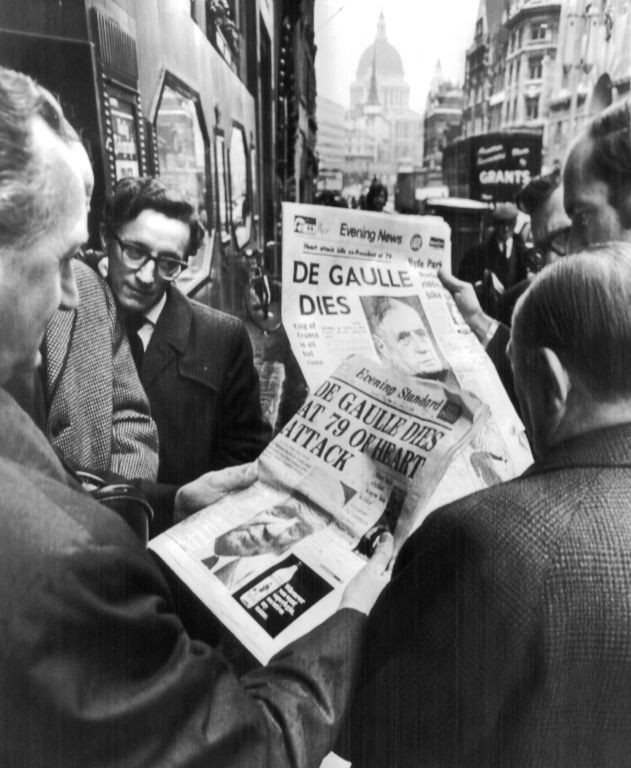
"And that spirit has left a heritage -- France," he added.
Even a half century on, France's fascination with the general -- known as "the giraffe" for his towering frame -- shows no sign of abating.
The country has lapped up a new film and television series charting his stubborn resistance to the Nazis in World War II -- as well as to his allies, the US and Britain -- often against the greatest of odds.
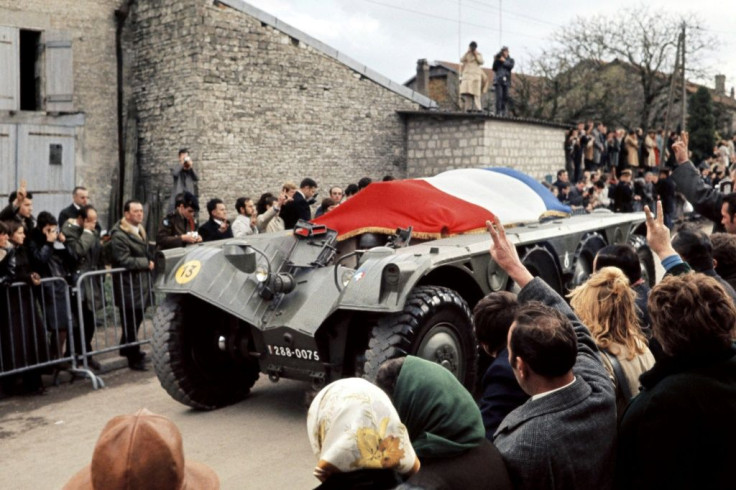
Britain's wartime prime minister Winston Churchill, who helped de Gaulle set himself up as leader of the Free French, once joked that he constantly had to remind the French general that the enemy was Germany.
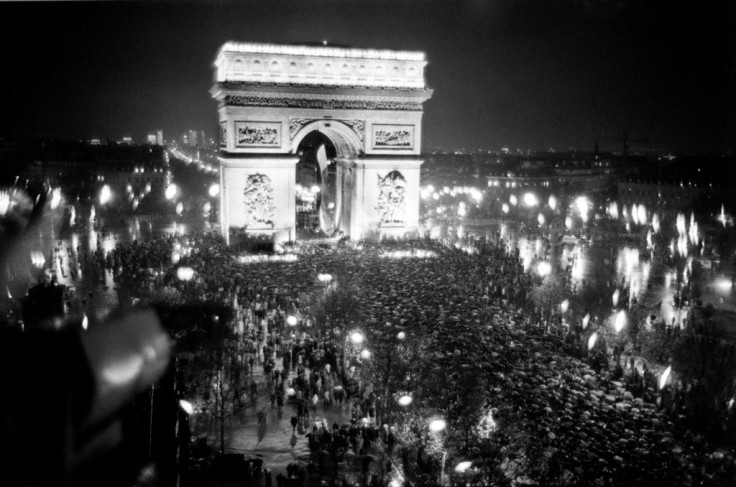
"If he would follow his own inclination, it would be England," said Churchill.
But even Churchill had no doubt that de Gaulle -- whose warrior Irish ancestor Owen McCartan had been hung, drawn and quartered by the English -- was a "great man".
No less than 20 new biographies and studies of de Gaulle's personality have also been published in the run-up to the anniversary.
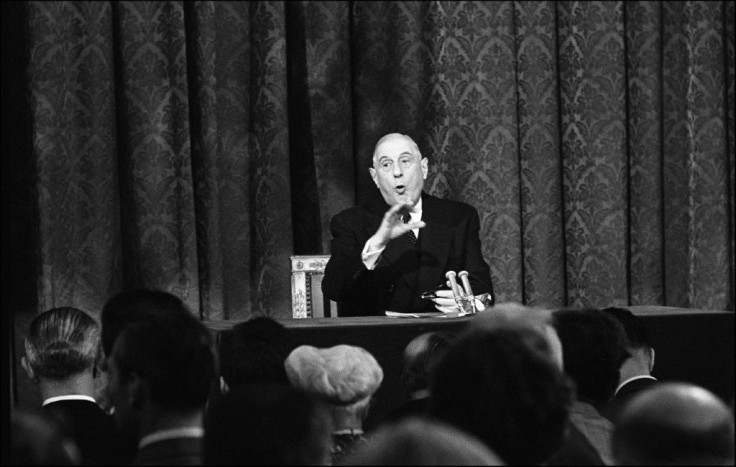
Some have focused on the sensitive side of the military and political colossus -- he would spend hours playing and singing with his youngest daughter Anne, who suffered from Down's Syndrome.
This is contrasted with his ruthlessness in steering France out of the bloodbath of the Algerian war of independence and his ability to survive street protests against him in May 1968.
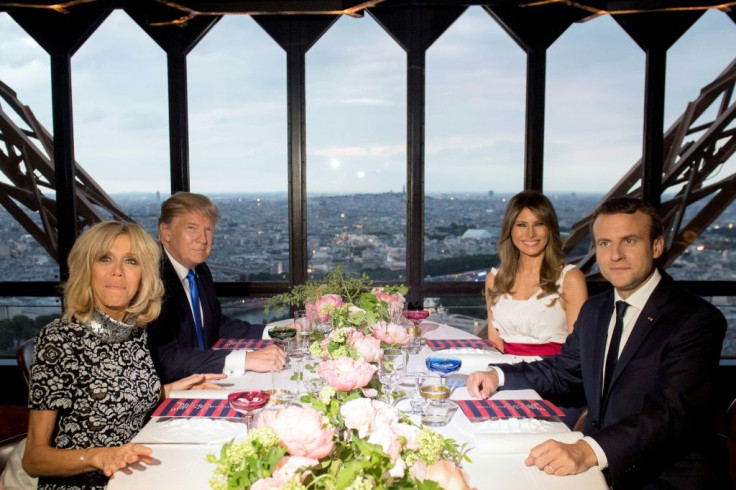
It was at around 7:00 pm on November 9, 1970, at his home in Colombey-les-Deux-Eglises, de Gaulle complained to his wife Yvonne of a painful back.
He had been writing his memoirs, which he would never complete.
Head in his hands, he collapsed in his armchair. Suffering an abdominal aneurysm, the great statesman was dead.
Only 18 months earlier he had resigned as president, having served as head of state for a second time from 1958 to 1969, after losing a referendum.
His death was kept secret all night. Only his children were told.
His successor, President Georges Pompidou, was told at 7:20 am the next morning.
There was no official announcement. At 9:41 am, AFP broke the news with a brief line: "De Gaulle is dead."
In the streets, in offices -- the news spread like wildfire. Around the world, messages of condolence flooded in.
"France is a widow", Pompidou said at midday in a televised address to the nation.
De Gaulle's funeral took place on November 12 at Colombey-les-Deux-Eglises. In the crowd, following his wishes, there were no heads of state nor government ministers, just ordinary citizens.
The funeral procession, trailed by the family, made its way slowly to the village church where de Gaulle had attended Sunday Mass days earlier. A silent crowd watched.
The coffin was carried by 12 volunteers into the cemetery adjoining the church, where it was buried next to his daughter Anne, who had died aged 20.
A simple engraving marks the white marble of his tombstone: "Charles de Gaulle 1890-1970."
© Copyright AFP 2024. All rights reserved.




















